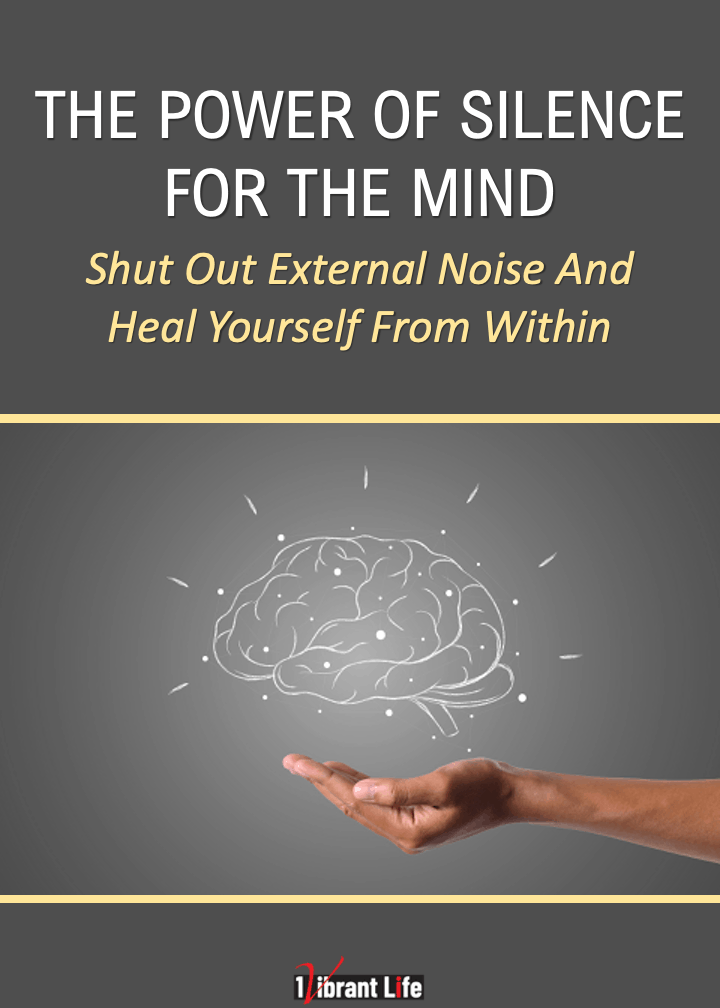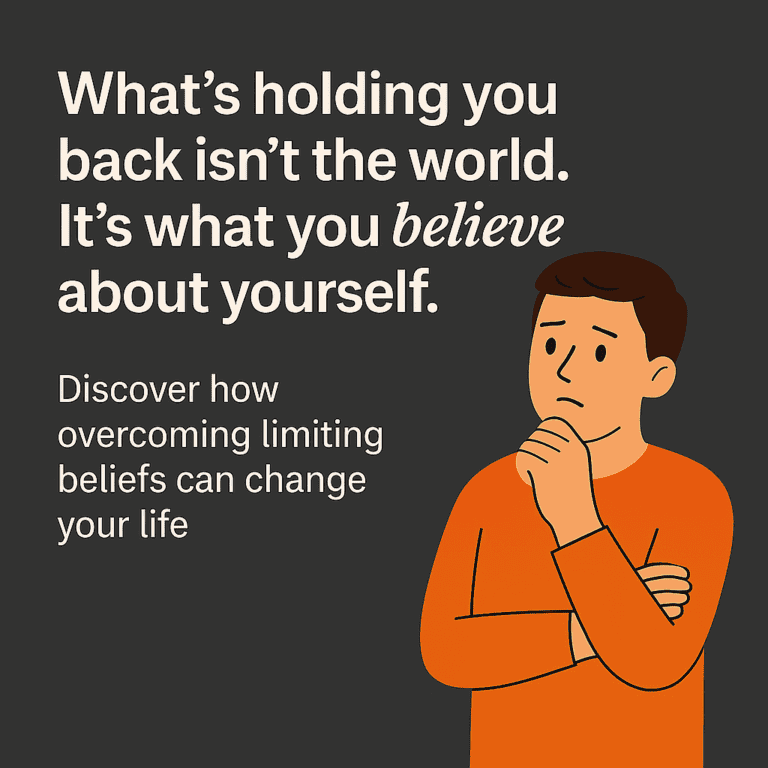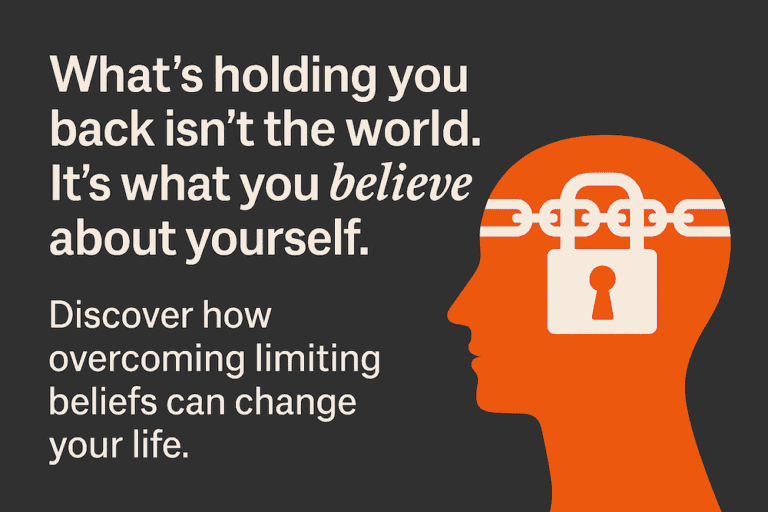Being There For Someone Who Needs You
In this post, we’ll discuss the incredible power you have of simply being there for someone when they need you to be. It’s painful to see the people we’re close to going through hard times. Especially when we’re not sure how to help them. But helping them doesn’t have to be so hard. Sometimes it just means being there with them.

“Be there when the dawn breaks, when the first waves come in. Be there.”
~ Marty Rubin
1-Vibrant-Life editorial staff | May 17, 2020
A Therapist’s Perspective on being there for someone.
Witnessing someone in pain is challenging and can prompt a range of inner responses. We may want to “fix” the person, rescuing them from their difficulty. We may want to run away, feeling it’s all too much for us.
The capacity to be there for another person and walk alongside them in their pain is a powerful healer. It’s why so many people seek the services of a professional Therapist. Yet, such capacity is not the sole preserve of counselors!
In this blog, there’s a range of tips about how to practice and develop the capacity of being there and listening to another person when they need you. Importantly, these tips include how to care for yourself when you are there for someone who needs you.
Being There For Someone You Care About
When we’re faced with a loved one in distress, our first thought is to wrap them up and shield them from all the worries in the world.
We want to charge in and make everything all right.
But crashing in like a bull may be the last thing they need at that time. We even may recognize that, but then we’re left not knowing how to help at all.
So how can we really be there for someone we love?
Let’s look at what being there for someone really means.
What it means to be there for someone.
Being there for someone means putting in the time and work to show them that you care and that you’re available for them.
It is selflessness.
It is holding their hand through an awful time or just hugging them to let them know that you are there to support them in whatever it is that they are going through.
Your help has to be unconditional and without any judgment.
You need to create a safe space for them to pour out all their worries, insecurities, and concerns, so they know that it’s not a burden.
Let them know that they can depend on you to hear them out. Being there is being consistent and offering genuine, reassuring encouragement.
It can be inconvenient and challenging, but it can be done. Here we’ll break it down into actions that you can take when you want to be there for someone you care about.

eBook

Audio eBook

eBook
Three personal growth tools for you as a gift for visiting 1VibrantLife.com
How you can be there for someone
“When you are there, be truly present, be into that moment, 100%, and that place, or person, or experience will forever become part of you.”
– Bodhi Smith
There are many ways to be there for someone when they need you. Sometimes you can take actual physical action, like taking them out to coffee or dinner.
Sometimes you just need to answer when they call and want to talk.
But the one thing that any action you take needs to demonstrate is that you are genuine with your feelings.
You cannot be half-hearted with your support: you need to be all in.
Your loved one is likely to see through the facade if you are not truly sincere in actually being there for them.
And you may not actually help them at all if you’re not able to be in the moment, listening to all that they have to let out and process with you, acting as a sounding board, or simply an empathetic ear.
You can show how much you care by doing the following:
1. Reach out and ask
Some of your best friends and family are walking through their lives carrying heavy emotional burdens, all alone.
They often don’t feel comfortable sharing those troubles with anyone, not even their close friends or family.
They may always seem to be able to put on a happy face and try to work things out all by themselves, but it’s likely that they really could use some help.
Pay attention to their non-verbal clues. Sometimes, you need to be the one asking the questions and prompting them to open up rather than waiting for them to come and open up to you.
This requires you to use your keen intuition as someone who knows them well since often, people who are suffering can be great at emotional hide-and-seek.
You have to pay attention so that you can tell when something’s gone awry.
Maybe they trail off during conversations or have a sad look on their face when they think no one’s watching.
Perhaps they’ve lost interest in things that once excited them. It could be anything.
You have to watch and ask. But don’t be dismissive about it. Take time to gently let them know that you’ve noticed that they seem a bit off.
Ask them gently if anything is bothering them. Then let them know that you’re there for them and ask if you can help in any way.
2. Listen
Once they’ve opened up to you, the next step is to listen.
It seems like such a simple thing, but many people get it wrong. Listening is more than just hearing.
Active listening involves clearing your mind and paying attention to what the other person is trying to say.
And what they aren’t saying.
Physically lean in towards them as you listen.
This will not only help you to focus on them and what they’re saying, but your body language will let them know that they have your full attention and you aren’t going anywhere.
Allow yourself to feel what they are saying and be open enough actually to put yourself in their place.
Try to feel or at least understand their emotional connection with the situation they are in. Be honestly empathetic, and don’t hesitate to express your understanding.
You can also ask clarifying questions but never hijack their story or judge their situation, even if you think the problem seems a minor one for you.
For them, it’s not. Start by taking that as a given.
3. Don’t jump in with advice
Though you’d like to solve the problem that’s troubling your loved one immediately, don’t just throw a barrage of possible solutions at them.
They’ll balk at that and may even turn hostile.
Sometimes people just need someone to listen and give feedback on what they’re going through and empathize with them.
Even if they’d appreciate the advice, they may want to get things off their chest first, and they’ll ask for advice or specific help once they’ve seen you’re willing to listen.
If you feel that you’ve got experience with a similar situation and think it might help, ask their permission to share it.
While you tell your story, keep it brief, and focus on why you feel it may help them or how it enables you to relate.
Finally, ask if you can offer any assistance. You could list out a couple of ways to help and ask if any of them would work for them.
Again, be sure actually to listen to their answers.

4. Nice Gestures Count Too
We’ve established that genuinely listening to an upset friend or relative can make them feel special.
Another thing that you can do that may make them feel better is remembering their immediate needs and helping them out with those.
For instance, if they’re anxious about a job interview, you can send a nice, uplifting text telling them that they’ve got this. They’ll be touched that you remembered.
You can also send a lovely bouquet to brighten up their day or help out with a significant chore.
5. Distracting Activity
You can also plan something to cheer them up. There’s no need to break the bank. A trip to the park or a simple arts and crafts project can really brighten up a person’s day.
Again, be sure to consider your loved one’s preferences. What activities do they enjoy that they haven’t gotten to do in a while?
What places do they like to visit? Maybe they love good food, so a trip to a new restaurant might be exciting.
Don’t choose something that may just end up putting more pressure on them. Find something that will take their mind off the situation and give them a chance to relax.
Being There for Someone Who Isn’t There for You
Sometimes you realize that some of the people you’re always there for haven’t really been there for you.
When they’re in pain, you’re always there to help.
But when it’s your turn, they ghost you. Sure, there vague promises of “being around to talk” or “getting coffee sometime,” but they don’t actually act on it. And you’re left to deal with your monsters alone.
Past built-up resentment and make you hesitate when they need you. It seems like they are not truly giving people. It is taking and taking but never giving back.
It’s infuriating.
But before you refuse to lend your shoulder, before you shut them out, it can be wise to take a minute and consider what might be wrong.
They may be struggling too
Not everyone can be strong all the time. Some people are constantly caught up in their problems and may not be able to handle another person’s issues.
It might be that at the moment, you need their help most; they’re going through some personal problems too.
They may want to help but simply cannot do so because they are overwhelmed with their own busy lives.
They may not understand
People may be willing to give you support but don’t know what you need.
They may be accustomed to seeing you as the strong one, so they’re at a loss as to how they can help.
Different backgrounds may also factor in.
Maybe they come from an environment where vulnerability is hidden, and they’re uncomfortable with emotions.
It may not be that they don’t want to help, but they just don’t know how to.
When you’re faced with someone who doesn’t reciprocate your support, you should always communicate.
Tell them you could use some help if they could do so, and show them how they might be able to so.
You can share articles from well-known sites to educate them and engage in bonding activities.
However, you should always remember that everyone can’t always be there for you, just as you can’t always be there for them.

How to Be There for Yourself
Anytime we listen to true self and give the care it requires, we do it not only for ourselves but for the many others whose lives we touch
– Parker Palmer
You may not have thought about this, but it’s not just other people who need you by their side. You need to take care of yourself too.
Constantly being a pillar of support for your distressed friends and family can take a toll on your health.
Absorbing their pain and being there for them can ultimately drain your energy if you aren’t careful.
Sometimes the right thing to do is to take a step back to breathe and to recuperate.
You are human.
And like any other human, you can break down too. Don’t worry. Here’s what to do to prevent that.
Outsource your support
You can be there for your loved ones by helping them find others that could be of support and help for them too.
If they don’t have other support, you can help them find some professional help.
If you feel you need a break, you can gently refer them to professionals who can walk with them through that rough patch.
Self-care
Take care of your mental and physical health. Carve out time to take care of yourself.
Exercise, go for a deep tissue massage, make an appointment with a therapist. Anything that makes you happy.
You can only be there for people when you’re strong.
It’s not as hard as it seems.
The primary skill you will need to tap into is your knowledge and intuition about those you’re attempting to help.
People differ, so what works for one person won’t work for another.
Be attentive to cues and signals, then do what feels right.
Finally, don’t overthink it. You know your loved ones well, so as long as you stay tuned in, you’ll know what they need.

My Name is Marty Ward and I’m the creator and publisher of the 1-Vibrant-Life blog.
At the age of 26, in 1984, I was injured in a car accident in which I sustained a traumatic brain injury.
At the time of the accident, I was having a fairly successful life as a musician in Chicago, which included a recent appearance on Star Search 84′ with Ed McMahon and preparing to be included in a group major independent recording contract.
However, after my accident, I was unable to perform or play my instrument. I was out of work and I had lost all confidence in myself and my abilities, felt lost and with no direction.
My injury and my recovery led me down a path of self-improvement, and self-discovery which gave me my life back filled with many amazing experiences and a newfound sense of hope. Learn more about my story on the 1-vibrant-life about page.
CBTCP Certification (Cognitive Behavioral Therapy Certified Practitioner) | 10-16-2021 Certification From The Academy of Modern Applied Psychology, in The Transformative Science of Cognitive Behavioral Therapy, CBT

Claire Law is a UK-based Counsellor and Psychotherapist from Preston, Northern England. Claire became a therapist after a career of almost two decades of High School teaching experience. She’s also worked extensively in the Social Care and Charity Sectors, and as a Mental Health Advisor in Higher Education. Claire combines her current Psychotherapy practice with freelance writing on Mental Health, Wellbeing and Psychology topics. She has a passion for Social Justice and environmental causes.
Claire holds a degree from Nottingham University, a Post Graduate Certificate in Education from Leeds Trinity University College and a Post Graduate Diploma in Integrative Psychotherapy from the University of Central Lancashire. She’s completed a wide range of extensive training and certifications in Domestic Abuse, Survivors of Sexual Abuse & Sexual Violence, Suicide and Self-Harm, Expressive Arts Therapy, Gender Variance, Online and Telephone Counselling and Polyvagal Regulation developed by Stephen Porges, a professor of psychiatry at the University of North Carolina and “Distinguished University Scientist” at Indiana University.



